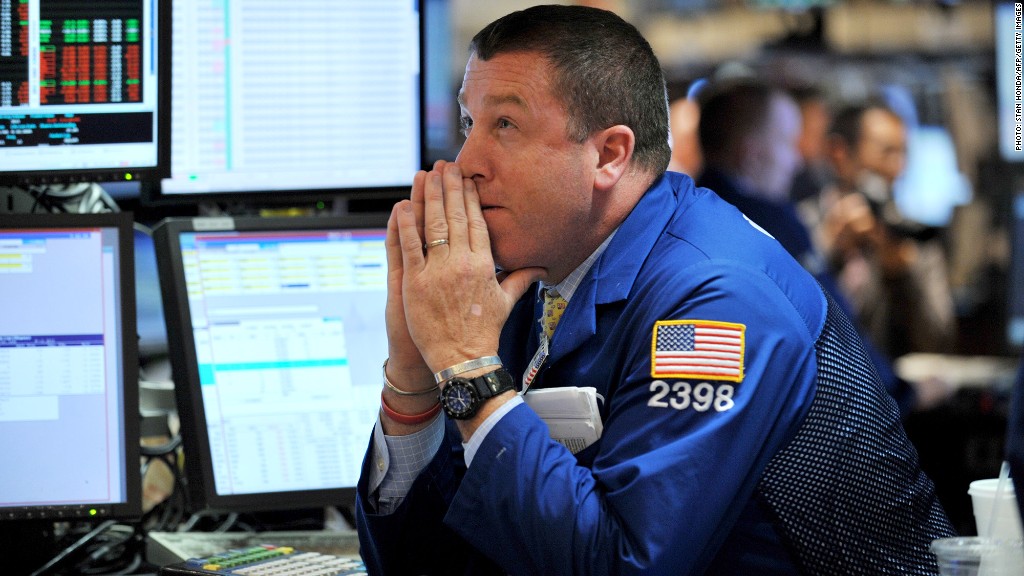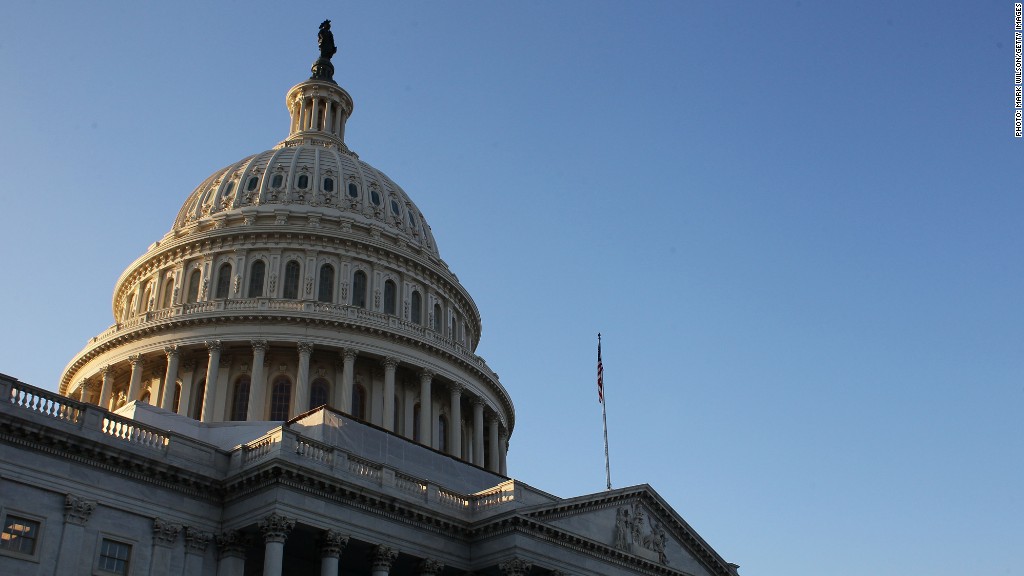
Investors worried about paying higher capital gains taxes next year should brace for a wild ride over the next few months.
Starting Jan. 1, when Bush-era tax cuts are set to expire, tax rates on long-term capital gains will jump to 20% from their current 15%, and 23.8% for those in the top income bracket. Taxes on profits from stock dividends, currently at 15%, will surge to 39.6% overall and 43.4% for top earners.
The Bush tax cuts account for nearly half of the fiscal cliff, which includes $7 trillion worth of tax increases and spending cuts. Lawmakers have been unable to reach a consensus on how to keep the nation from going over the cliff. And time is running out.
Most wealth management and portfolio managers don't expect to see heavy selling in stocks, mostly because they expect investors will simply reallocate their assets rather than panic sell.
"My general advice to clients is not to let taxes interfere with long-term investment plans," said Jeff Blumenthal, a financial adviser at Wells Fargo Advisors in Oklahoma City. "Selling to avoid capital gains taxes might be appropriate for a trader, but it shouldn't dictate your decisions if you're not." Of his roughly 850 clients with $720 million in assets, Blumenthal said just a handful will be selling certain stocks to avoid tax increases.
While most funds and individuals typically rebalance portfolios near the end of the year, those moves could be more extreme in 2012 because of the additional repositioning as investors prepare for higher taxes on investments.
Related: Obama will tax the rich more
That will lead to more market churning, but not a drastic sell-off.
"There's so much uncertainty on the table going into year-end with regard to the tax code and the fiscal cliff, that it could cause a spike in volatility," said Kristen Scarpa, investment strategist at Barclays Capital.
The Dow Jones industrial average (INDU) had almost daily triple-digit swings during the latter part of 2011. At the same time, the market's fear gauge, the VIX (VIX), regularly traded above 40 (well above the level that signals fear).
And CNNMoney's own Fear & Greed Index, which includes the VIX among other sentiment measures, spent the better part of September and October 2011 in extreme fear territory before edging toward greed.
But stocks ended the year practically unchanged from where they started. That scenario could repeat itself this year.

Many said that the decision to sell stocks or bonds to avoid the upcoming tax hikes will only affect a small portion of most investors' and mutual funds' portfolios.
Most wealth managers are advising clients to sell only if they need cash over the next six months or if they want to lock in big wins over the past several years from companies like Apple (AAPL) and Amazon (AMZN).
Related: What's in the fiscal cliff?
Dividend stocks, a recent favorite in a low interest rate environment, could see a steeper sell-off, if tax laws ultimately force investors to pay higher rates on dividend stock profits.
That could hurt stocks like Microsoft (MSFT) and Intel (INTC), which have been consistently raising dividends to attract investor interest, said Nick Bohnsack, a sector strategist at Strategas Research Partners.
Investors might also want to cash out of real estate investment trusts (REITS) and energy companies structured as master limited partnerships, both of which tend to offer healthy dividends.
Small cap stocks could also take a hit. Because investors typically view small caps as speculative bets, rather than core holdings, they'll be less inclined to hold onto them in an uncertain environment, said Bohnsack.
While the threat of capital gains tax hikes may not be the root cause behind a pullback, slower corporate earnings, Europe's ongoing debt crisis and an overall global economic slowdown could provide enough of a catalyst to put an end to this year's rally.


